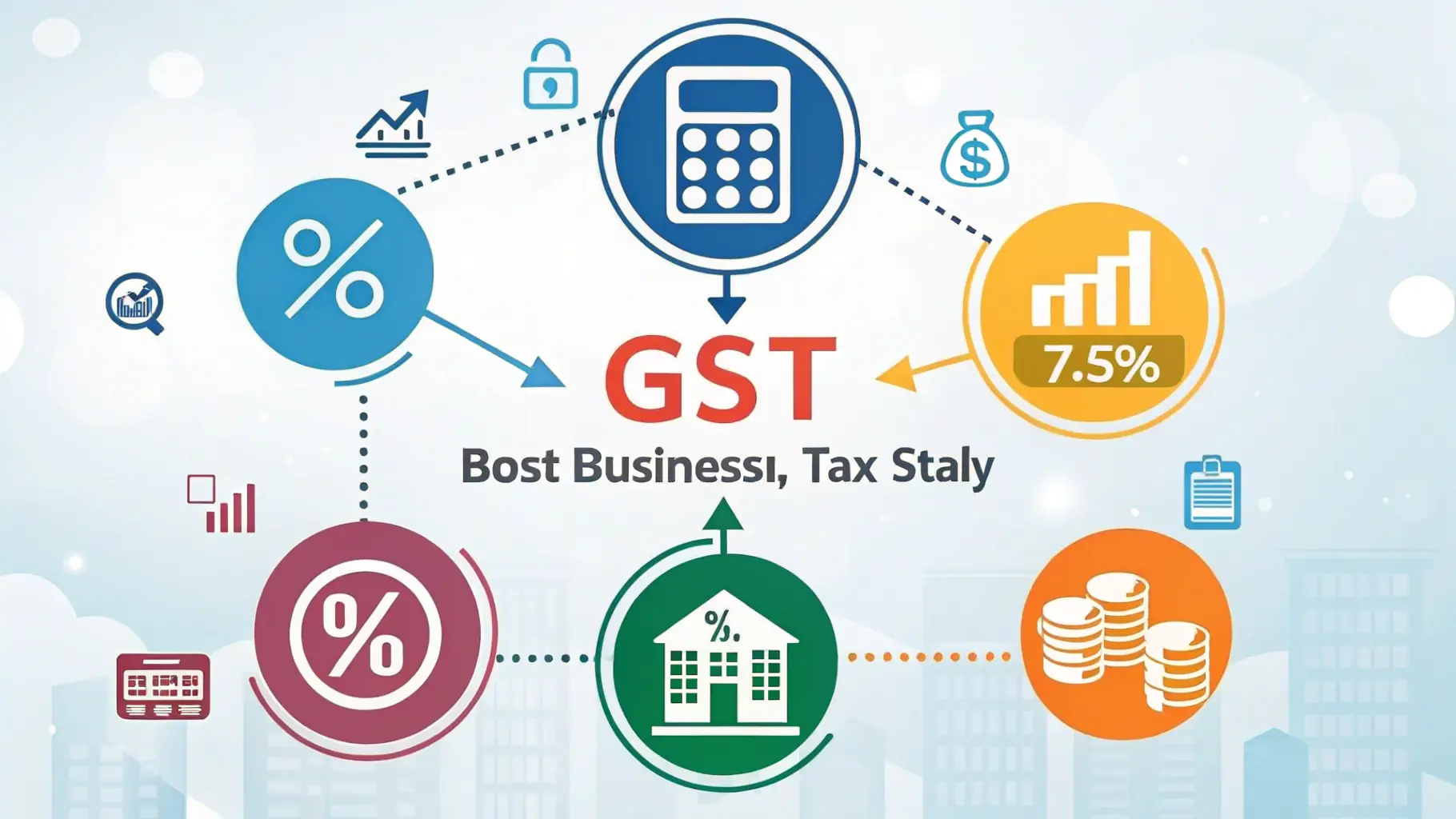Meta Description:
Confused about Capital Gains Tax in Australia? Learn what CGT is, how it’s calculated, exemptions, discounts, and strategies to reduce your tax legally.
📌 What is Capital Gains Tax (CGT)?
Capital Gains Tax (CGT) is the tax you pay on the profit (gain) made when you sell a capital asset such as:
Real estate (investment properties, not your main home)
Shares, ETFs, crypto assets
Business assets
Collectables or personal use assets over $10,000
CGT is not a separate tax; the capital gain is added to your taxable income, and taxed at your marginal tax rate.
🧮 How is Capital Gains Tax Calculated?
Your capital gain is calculated as:
Capital Gain = Sale Price – Purchase Price – Associated Costs
Example:
Bought investment property for $500,000
Sold for $800,000
Legal + agent fees = $20,000
Capital Gain = $800,000 – $500,000 – $20,000 = $280,000
You then apply any discounts or exemptions (see below) before adding it to your taxable income.
🎁 Main CGT Discounts and Exemptions
✅ 50% CGT Discount
If you hold the asset for over 12 months, you get a 50% discount on the gain (for individuals and trusts).
So a $100,000 gain becomes $50,000 taxable gain.
🏠 Main Residence Exemption
If the asset sold is your principal place of residence, you may be fully exempt from CGT—but certain conditions must be met (e.g., no income generation like Airbnb).
👩💼 Small Business CGT Concessions
(For business owners)
If you sell active business assets, there may be four powerful CGT concessions:
15-Year Exemption – If you’ve owned the asset for 15+ years and are retiring
50% Active Asset Reduction
Retirement Exemption – Up to $500k lifetime cap
Rollover – Delay paying CGT by reinvesting
These can significantly reduce or eliminate CGT, but you must meet detailed criteria. We strongly recommend professional advice.
🔥 Common CGT Traps for Australians
Even savvy investors and business owners can fall into CGT traps:
Selling too early (and missing the 12-month discount)
Forgetting to include improvement costs in the cost base
Thinking crypto or NFTs are tax-free (they’re not!)
Mixing personal vs business assets
Overlooking depreciation adjustments
Failing to plan for retirement asset sales
🧾 What Records Should You Keep for CGT?
The ATO requires you to keep CGT records for at least 5 years after the sale. These include:
Purchase contracts & receipts
Legal, stamp duty, improvement costs
Sale contracts & selling fees
Depreciation schedules (if applicable)
📌 Pro tip: Use cloud accounting tools or a secure digital folder for easy access.
👩⚖️ CGT and Business Exit Strategy
If you plan to sell your business, CGT may be your biggest tax bill ever. But planning can save you thousands.
✅ Are your business assets eligible for small business CGT relief?
✅ Are you close to retirement (55+) and want to use the retirement exemption?
✅ Have you structured your business ownership wisely?
📞 Talk to a tax professional 1–2 years before exit to design a tax-smart business sale.
🚀 EMUTAX: Helping Australians Navigate CGT with Confidence
At EMUTAX, we support small business owners, property investors, and crypto traders with:
CGT calculation & lodgement
Asset structuring for CGT minimisation
Small business CGT concessions
Record keeping & documentation
Tax planning before asset sale
👉 Book a Free Strategy Session
📋 Quick CGT Checklist for Australians
✅ Have you held the asset for more than 12 months?
✅ Do you qualify for any exemptions (main residence, small business)?
✅ Are all your improvement and holding costs included?
✅ Have you kept all your records?
✅ Do you know your marginal tax rate this year?
Disclaimer: This article is general in nature. For personalised CGT advice, consult a registered tax agent or accountant.




